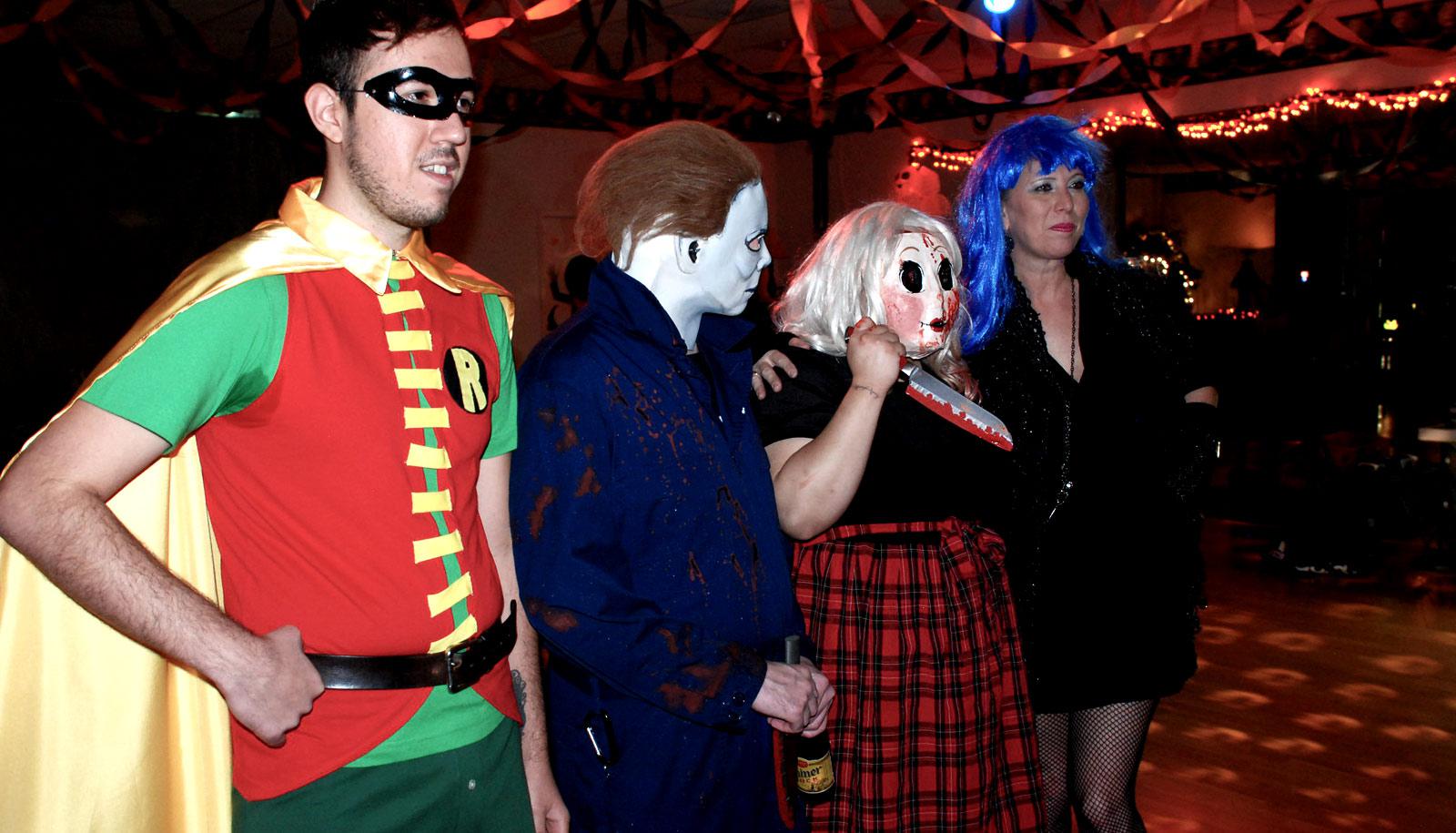What’s the appeal of Halloween? 3 answers

Why do otherwise busy people make time for Halloween? Is it the candy? The chance to dress up? Or something else entirely?
To better understand Halloween’s appeal, three New York University faculty members with expertise in otherworldly matters suggest answers from their spooky areas of study:
1. A chance to mix it up
“Halloween, a medieval invention possibly with roots in ancient Celtic paganism, was during the Middle Ages quite close to what it would become in the modern holiday,” says Brigitte Miriam Bedos-Rezak, professor of history.
“The world of the dead and living became one, and everything is topsy-turvy for one night. It was a moment of carnival and charivari—of role shifting and cross-dressing—before entering the darkness of winter.
“What I find most interesting is that the momentary cohabitation with the dead could be festive. The dead were expected to visit, so food was left at the door for them. Halloween was reintroduced in the US in the 19th century, late [compared to Europe] because the early settlers of New England, the Puritans, would not practice a holiday so strongly associated with the Church.”
2. Stress relief
“Looking into the darkness but in a safe way is kind of a healthy thing to do,” explains Robert Benevides, distinguished teacher and area head of special FX makeup at NYU’s Tisch School of the Arts.
“It’s like roller coasters. It’s a controlled scare that people know they’re going to survive but they can still kind of embrace it. When people go to haunted houses and scream or get scared, that’s kind of a nice release from their stresses.”
3. Desirable ideas
“The zombie is definitely a whole resurrection trope, but vampires are also about fear of death and longing for immortality,” says Angela Zito, associate professor of anthropology and director of religious studies.”We desire those things and yet when we materialize them as vampires or zombies, we’re actually afraid of them.
“Over [the past] 100 hundred years, as attitudes towards sexuality have changed, vampires have lost the fearful edge and have become celebrated. They have been transformed into an object of beloved longing, from the fearsomeness of Dracula to the gorgeous love story of Twilight. But they have been replaced in our popular imagination by a genuine monster, which is the zombie. There’s nothing nice about zombies.”
Source: NYU
The post What’s the appeal of Halloween? 3 answers appeared first on Futurity.
